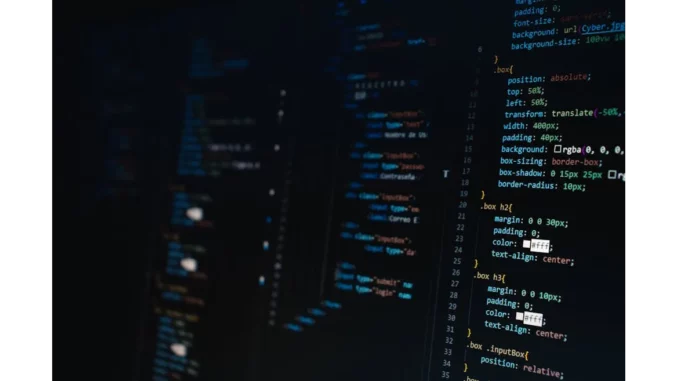
The healthcare industry is currently experiencing a significant transformation, spurred by technological advancements and evolving regulatory frameworks. At the core of this transformation is medical coding, an indispensable element that ensures the meticulous documentation and billing of healthcare services. As the demand for proficient medical coders escalates, the integration of artificial intelligence (AI) and specialised training programmes is reshaping medical coding careers. This article delves into the impact of AI on medical coding and the critical importance of upskilling in this rapidly changing field.
Medical coding involves the translation of healthcare diagnoses, procedures, medical services, and equipment into universally recognised alphanumeric codes. These codes are extracted from medical record documentation, which includes physician’s notes, laboratory results, and radiologic findings. Accurate coding is imperative for healthcare providers to secure appropriate reimbursement from insurance companies and government programmes. Traditionally, medical coding was a manual endeavour, necessitating coders to possess a comprehensive understanding of medical terminology, anatomy, and coding guidelines. However, with the advent of the International Classification of Diseases, 11th Revision (ICD-11), and the increasing intricacy of healthcare regulations, the coding process has become more demanding. Consequently, there is an escalating need for coders to acquire advanced skills and knowledge to adeptly navigate these complexities.
The emergence of artificial intelligence is poised to significantly transform medical coding by automating routine tasks and enhancing both the precision and efficiency of the coding process. AI-driven coding tools are capable of analysing extensive amounts of data, identifying patterns, and suggesting suitable codes based on the context of medical records. This technological advancement not only reduces the time expended on manual coding but also diminishes the risk of human error. AI in medical coding offers several notable benefits: it increases efficiency by processing large data sets quickly, allows coders to concentrate on more complex cases requiring human judgement, improves accuracy by identifying discrepancies in medical records, reduces administrative costs, and bolsters compliance by helping coders stay abreast of the latest coding guidelines and regulatory requirements.
As AI continues to reshape the landscape of medical coding, it is imperative for coders to acquire new skills to remain competitive and relevant within the industry. Upskilling in areas such as AI-driven coding, surgery coding, anaesthesia coding, and Hierarchical Condition Category (HCC) coding is crucial for career progression. Coders should engage in AI medical coding training to comprehend how AI algorithms function and how to effectively utilise AI-powered coding tools. Training programmes that provide hands-on experience with these tools are invaluable for coders aiming to enhance their skill set. Additionally, fellowships in surgery coding, anaesthesia coding, and HCC coding equip coders with the expertise needed to manage intricate coding scenarios, offering lucrative opportunities in the healthcare sector.
The synthesis of artificial intelligence and advanced training programmes is revolutionising medical coding careers, providing coders with new pathways for growth and development. By embracing these changes and investing in upskilling, coders can position themselves as frontrunners in the healthcare industry, propelling innovation and enhancing the quality of care. As the demand for skilled medical coders continues to rise, those who adapt to the evolving landscape will be well-positioned to thrive in this dynamic field. The future of medical coding is being shaped by the confluence of technology and education, and those who seize these opportunities will lead the charge in this essential facet of healthcare.


Be the first to comment